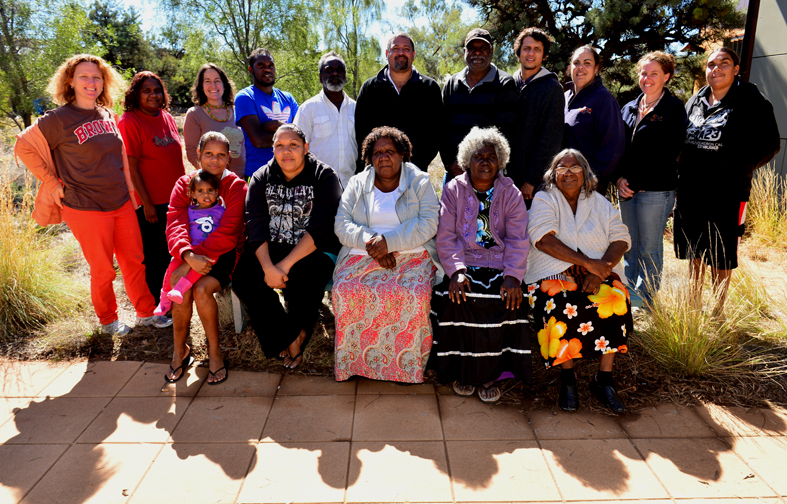
The bushfire disaster of the summer of 2019 is possibly the most catastrophic event yet to occur for non-Indigenous peoples of this generation. As the fires burned uncontrollably, some looked to Indigenous communities, already suffering tremendous grief and loss, for leadership and advice on how to manage this seemingly unmanageable situation.
Indigenous communities have valuable insights and experience that would meet the UN’s Sustainable Development Goals 2030 agenda and how we can Close the Gap on the disparity between their human rights compared to those experienced by other Australians.
Flinders PhD candidate, Rosalie Schultz recently published her article “Closing the Gap and Sustainable Development Goals: listening to Aboriginal and Torres Strait Islander people” in the Australian and New Zealand Journal of Public Health.
Rosalie, congratulations on your recent publication. It is a fascinating article. What inspired your research?
“Australia appears unable to recognise how inter-related crises now undermine what it means to be Australian. These include extinctions of Australian biodiversity, loss of Australian languages and the extraordinary rates of incarceration of Indigenous peoples. These crises are happening together but because their scientific bases in ecology, linguistics and criminology are separate, few recognise their inter-relatedness.
When we bring them together their relationship becomes clear: the colonisation of Australia underlies our crises.
Likewise Australia’s abysmal failures to reach our own targets in Closing the Gap and the SDGs reflect how colonisation is on-going, not just an event of Australia Day 232 years ago.
My research was led by Indigenous people to explore wellbeing for themselves. As Indigenous participants’ and communities’ frameworks and domains of wellbeing emerged, I struggled to articulate Indigenous voices in academic languages. Thus, I can only do justice to Indigenous people by ensuring their voices are heard directly through the videos which complement my reflection for the publication world of western science.
While my research was open-ended, there are urgent and important opportunities to use its findings.”
Check out more of Rosalie’s work with the Interplay Project through the Centre for Remote Health below:

